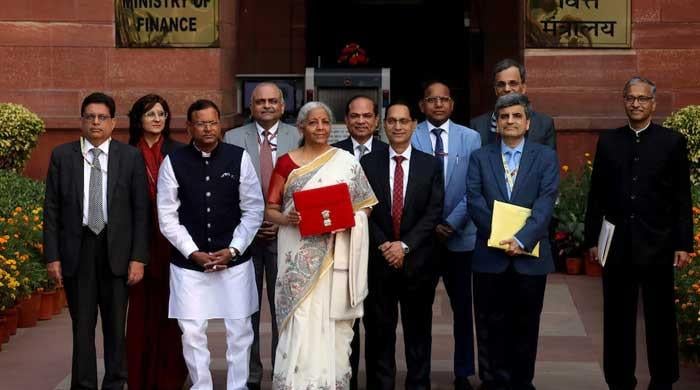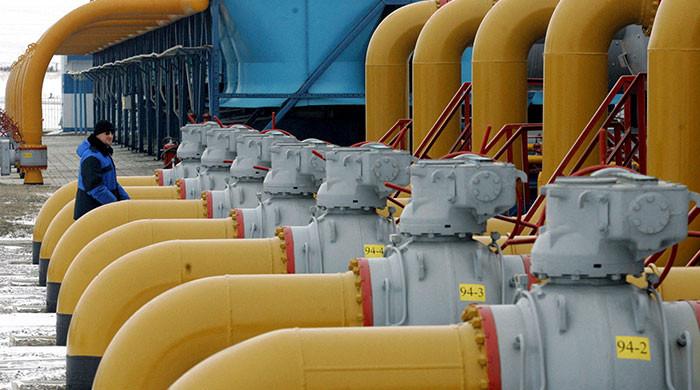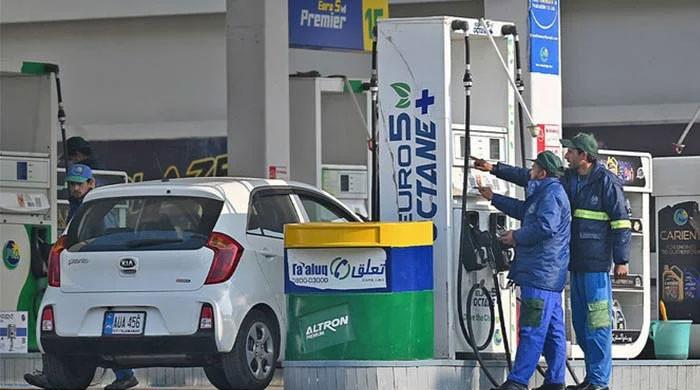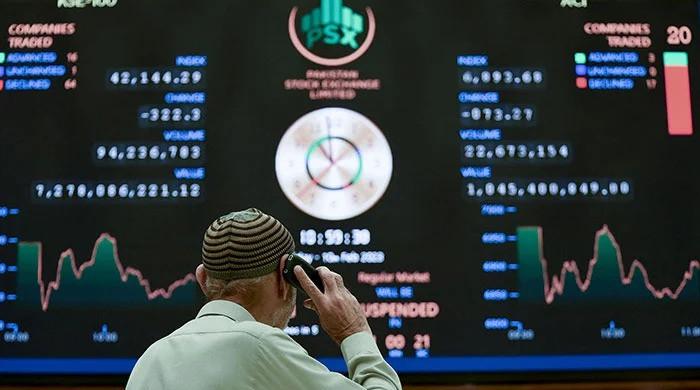Central Europe's arms makers on fire as Russia-Ukraine war flares up demand
Russia-Ukraine war has driven an unprecedented increase in the demand for weapons from arms makers in Poland and Czech Republic
August 02, 2023

In response to the significant surge in demand for their products since the end of the Cold War, arms manufacturers in Central Europe are adopting innovative strategies to cope with the booming industry, Reuters reported.
The Russia-Ukraine war has driven an unprecedented increase in the need for weapons, prompting companies in Poland and the Czech Republic to tackle the challenges posed by tight labour markets.
To address the labour shortage, these manufacturers are launching or expanding recruitment and training programmes. Among them is STV Group, a Czech ammunition and artillery shell producer, which has devised a unique approach.
In collaboration with the city near its main plant in Policka, located around 200 kilometres southeast of Prague, the company plans to construct company-financed apartments to attract and accommodate new employees, as revealed by David Hac, the company's chairman.
Furthermore, to harness the expertise of retired workers, STV Group is offering them free meals at the canteen.
This initiative enables these experienced individuals to share their valuable knowledge about recently re-started production lines that cater to the production of Soviet-era ammunition for Ukraine.
The arms industry in Central Europe is witnessing a remarkable acceleration in production, mirroring the pace seen during the Cold War era.
As countries worldwide increase their defence spending, the demand for guns, shells, and military supplies continues to soar, prompting companies in the region to explore novel ways to meet global requirements.
"This informal exchange of ideas has excellent and immediate effects on the efficiency of production processes, especially when you are restarting production of products that have been out of production for a long time," Hac said.
The Czech Republic and Poland boast among the lowest unemployment rates in the European Union at 2.7% for June, well below the EU average jobless figure of 5.9% for the same period, according to Eurostat data.
Jiri Hynek, president and executive director of the Defence and Security Industry Association (DSIA) of the Czech Republic, told Reuters a lack of workers could push production out of central Europe.
With enough labour and materials, Czech companies could boost production by up to 20%, he estimated.
The association, which represents more than 160 companies, said exports accounted for around 90% of the industry's production of weapons and military-related supplies.
Of that, Hynek estimated that supplies of military equipment to Ukraine accounted for 40% of exports.
As demand grows, the need for younger workers with technical skills will only intensify for an industry that depends on innovation to keep growing, Hynek added.
"We have an ageing population, ageing researchers, developers, innovators, and technical and natural sciences (departments) producing an absolute lack of people to use," Hynek said. "We need growth but we have nowhere to take workers from."
Key weapons pipeline
Czech explosives maker Explosia - which employs around 600 workers and posted a record 1.2 billion crowns ($55 million) in revenue last year - told Reuters it is expanding cooperation with local universities and speeding automation to offset a lack of workers at the company, which is known for producing the plastic explosive Semtex.
Polish military technology company WB Group started hiring women last year on a larger scale on assembly lines previously comprising mostly male workers. The company — which employs more than 2,000 staff and generated 602 million zloty ($150 million) in revenue last year — produces unmanned drones and missile systems.
"With the increase in orders we had to change the production system," the company's spokesman told Reuters.
Central Europe represents an important pipeline for Ukraine's military. Of the 29 states that supplied major weapons in 2022, Poland and the Czech Republic accounted for more than 20% of the total Ukrainian arms imports by volume, according to the Stockholm International Peace Research Institute.
The Czech government said that - including weapons supplied from its own stores - the country sent military supplies worth 40 billion Czech crowns ($1.84 billion) to Ukraine in the first 12 months of the war. That included 89 tanks, 226 armoured vehicles, 38 howitzers along with air defence systems, helicopters, ammunition and rockets, it said.
The Czech defence ministry told Reuters, without providing specific details, that the strongest demand from Ukraine was now for large-calibre ammunition for Soviet-era weapons along with Western standard artillery, rocket-propelled grenades, and tank ammunition.
The government has also started discussions about employing some of the hundreds of thousands of Ukrainian refugees - most of whom are women and children - living in the country to help companies struggling to find workers, the defence ministry said.
Pitching patrioritism
Other sectors in Poland – emerging Europe's biggest economy – and the Czech Republic have struggled in recent years to find workers: a situation that has driven up labour costs and dampened growth.
But the issue is a new one for the arms industry, where the workforce shrank in the wake of the Communist era.
Between the mid-1980s and 2000, employment in Poland's arms industry fell by 76%, according to data cited by the Stockholm International Peace Research Institute.
"Of course, you need raw materials and supplies but the lack of skilled workers is now the main problem hampering the expansion of production," Czech independent defence analyst Lukas Visingr told Reuters.
Poland's state-owned PGZ – which controls dozens of companies making supplies that include weapons, ammunition, armoured transporters and unmanned air systems – is targeting employees in a wide range of industries using social media ads, the group's head of human resources, Artur Zaborek, told Reuters.
The company - which employs more than 18,000 people - also plans a campaign next year aimed at convincing Poles employed in Scandinavian shipyards to return home to work on new contracts to build ships for Poland's navy using ads that highlight the opportunity to boost national defence and work closer to home, Zaborek said.
"The geopolitical situation has led to the largest armaments projects in history for the group, which means demand for skilled workers has increased dramatically," Zaborek said.











